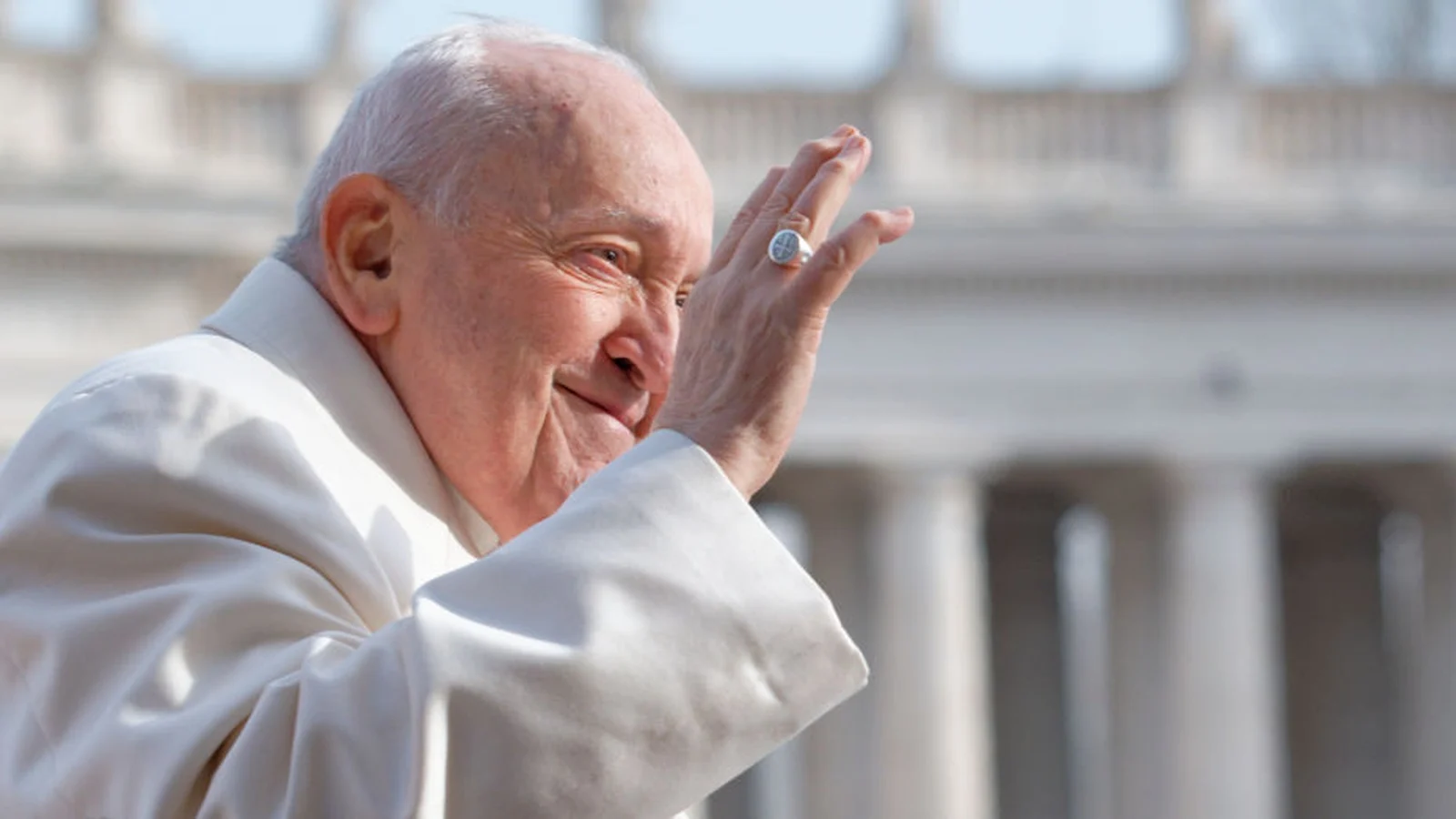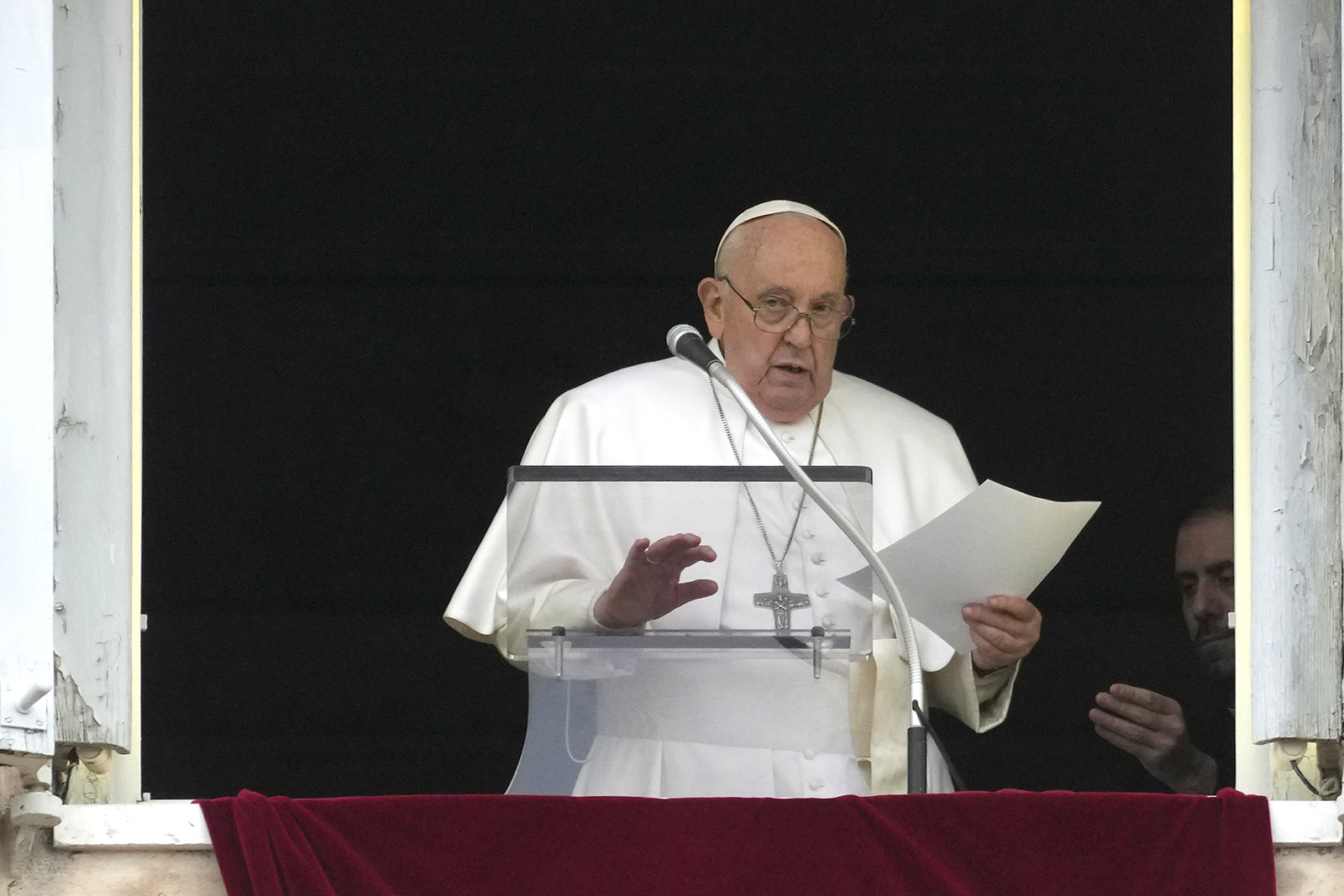Pope Francis, at 87, asserts his determination to continue his pontificate, dismissing rumors of resignation and addressing concerns about his health in his forthcoming memoir, “Life: My Story Through History.”
Scheduled for release on the 11th anniversary of his papal inauguration, the book offers extensive insights into his life journey and its resonance with global events, including World War II, Argentina’s military junta, and the intricacies of Vatican politics, all of which shape his vision as the leader of the Catholic Church.
In this reflective narrative penned alongside Italian journalist Fabio Marchese Ragona, Francis confronts persistent speculations regarding his well-being and critiques from conservative quarters, pondering their implications for the future of his papacy. While the notion of papal resignation has historically lingered in the background, it gained tangible consideration following Pope Benedict XVI’s unprecedented retirement in 2013.
Despite recent health challenges, including battles with bronchitis, flu, and surgical procedures to address intestinal issues, Francis emphasizes his commitment to lifelong service, with provisions in place for resignation only in the event of severe physical incapacitation, a scenario he deems remote given his current health and ongoing vitality.

Pope Talks About Criticism and Health in Memoir, Decides Not to Retire (Credits: RTE)
He acknowledges having drafted a letter of resignation, now kept in the Vatican’s Secretariat of State, as a precautionary measure.
Responding to critics within and beyond the Vatican who accuse him of undermining traditional ecclesiastical structures, Francis defends his reformist agenda, mandated by cardinals upon his election. He acknowledges resistance to change but remains resolute in his pursuit of a more inclusive and compassionate church, distinct from what he characterizes as the era of “pope kings.”
Francis reaffirms recent controversial decisions, such as permitting Catholic priests to bless same-sex unions, a move met with both acclaim and opposition. While some conservative factions, notably in Africa, reject the directive, Francis asserts that divergent views within the Church do not signify imminent schism, stressing the enduring doctrinal integrity of Catholicism.
Expressing support for civil unions while upholding traditional marriage doctrine, Francis advocates for the equitable treatment of LGBTQ+ individuals within the Church, urging greater acceptance and pastoral care for those marginalized by societal norms. He underscores the importance of embracing all members of the community, baptized or seeking baptism, in a spirit of inclusivity and compassionate outreach.
Francis’s memoir offers a candid reflection on his papacy, marked by both progress and resistance, yet anchored in a steadfast commitment to realizing his vision of a more just, merciful, and inclusive Catholic Church.























